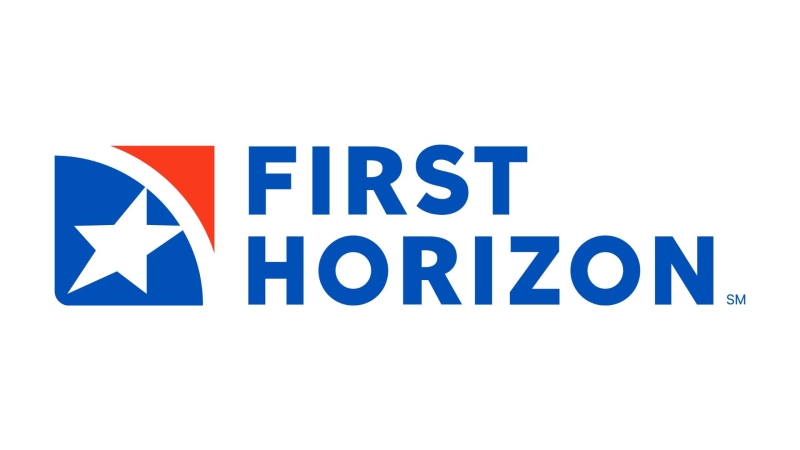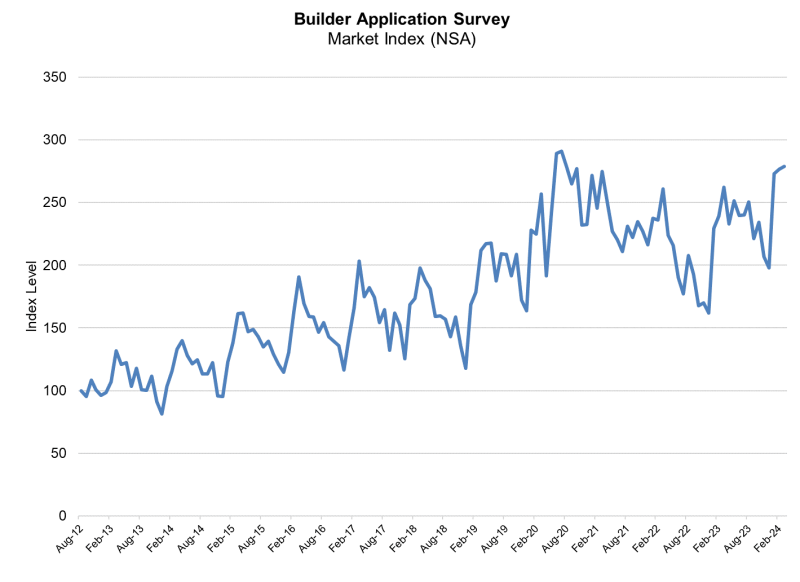Advertisement
Loan-Score Decisioning Systems integrates with PCLender
FHA: Questions and answersJeff Mifsudyield-spread premiums, eligibility, guidelines, downpayment assistance
The time to learn how to do Federal
Housing Administration (FHA) loans is now! With all of the
changes occurring in our industry, it's critical that you take the
time to develop a plan to make you a successful originator.
Before we get to the Q and A, let me tell you this: I teach loan
officers to stop listening to the news so much. Why? Because the
news focuses on the negative. If you constantly feed your brain
negative information, your views and actions will reflect this.
What you won't hear on the news is the fact that right now, there
is a tremendous opportunity for you in our industry! The
opportunity I refer to, as you may have guessed by now, is doing
FHA loans. Not only do FHA loans have great yield-spread premiums,
but they offer a good loan to your customers--more income for you,
greater opportunity and stability for your customers, and, in turn,
the economy. More often than not, it's a winning proposition.
Q: How can I develop FHA business?
A: The most profitable source of FHA business continues to
be from real estate agents. I know many of you come from shops
whose managers hold negative attitudes toward working with agents.
If you hold this same attitude, it's time to change it. I've had
great relationships with agents throughout my entire career because
of the way I was trained to handle purchase transactions. Analyze
your loan process and figure out ways you can perfect the process.
At LoanToolbox.com, Tim
Braheem outlines 71 actions that occur throughout the loan process
and identifies who is to perform each action. Tim calls it the
"Perfect Loan Process." You need to develop your perfect loan
process based on your team and your client's needs. View agents as
you would a client, and service them like one! Think of agents as
partners in helping people attain homeownership. Develop a team
synergy with them, and become a part of one another's success!
Q: Does a borrower have to be a resident of the United
States to get an FHA loan?
A: No. The guidelines state the following:
"Citizenship of the United States is not required for
eligibility. For those borrowers with lawful permanent resident
alien status, FHA will insure the mortgage under the same terms and
conditions as U.S. citizens" (See FHA Guidelines, 4155.1, Ch. 2-2
B).
FHA will also insure mortgages for those with non-permanent
resident alien status, provided: (1) the property will be the
borrower's principal residence; (2) the borrower has a valid Social
Security number; and (3) the borrower is eligible to work in the
U.S. Non-U.S. citizens with no lawful residency in the U.S. are not
eligible for FHA-insured mortgages.
Depending on what part of the country you work in, this
guideline is an important one. It can give you an opportunity to
create a profitable referral base within an immigrant population. I
have worked with managers in the past that have specifically hired
bi-lingual loan officers to capitalize on this growing market and
have found great success.
Q: Can part-time income be used for qualifying the
borrower?
A: Yes. The guidelines state that part-time/second job
income, including employment in seasonal work, may be used in
qualifying. In addition, "seasonal employment (e.g., umpiring
baseball games in summer, working at a department store during the
holiday shopping season) is considered uninterrupted and may be
used in qualifying." For further information and details, see FHA
Guidelines, 4155.1, Ch. 2-7 A.
When interviewing your customer, be sure to ask if he has any
additional part-time employment income. This income is often the
key in getting a loan approved, if the income from the primary job
is insufficient.
Q: If my customer is going to get a raise or start a new
job within 60 days, can we use this (higher) income to
qualify?
A: Yes. While "projected or hypothetical income is not
acceptable for qualifying purposes ... exceptions are permitted to
this rule for income from cost-of-living adjustments, performance
raises, bonuses, etc., which are both verified by the employer in
writing and scheduled to begin within 60 days of loan closing."
In addition, "If a borrower is about to start a new job and has
a guaranteed, non-revocable contract for employment that will begin
within 60 days of loan closing, the income is acceptable for
qualifying purposes." Please refer to FHA guideline 4155.1, Ch. 2-7
R for further details and qualifications.
Please note that if a loan is denied because of high ratios,
take a look at the verification of employment in the "Date of Next
Pay Increase" section. Often people will be getting a raise within
the next 60 days, and this income can be the difference between
approval and denial.
Q: How is an FHA loan structured when using a
downpayment assistance (DPA) gift?
A: First, it is important to know that the borrower must
contribute three percent of their personal funds to any FHA
transaction. What is important to know is that this money can come
from a gift from family, or from a DPA gift. Note that the DPA must
have 501(c)(3) status. In essence, it works just like a seller
contribution, only with an administration fee added on by the DPA
(which cannot be paid by the borrower). For example, let's say a
seller is selling a home for $100,000 and is hoping to get about
$95,000. The buyer needs $5,000 from the seller to close, and is
willing to pay $100,000. The purchase agreement is then written up
as a $100,000 sales price with an addendum which states: "Seller to
contribute $5,000 plus a $300 administration fee to (name of DPA),
and buyer to receive a gift from (name of DPA) in the amount of
$5,000."
With the current market, many buyers are capitalizing on some
great buys and are able to easily negotiate seller assistance.
The FHA market will continue to be a very important product for
you and those of your customers who have little money or weak
credit profiles. If you take the time to learn the guidelines and
become proficient in doing these loans, you will always have a
marketing edge over your competition.
Jeff Mifsud founded Mortgage
Seminars LLC in 2004, has been an FHA originator for 12 years,
is a faculty member of LoanToolBox.com and is a
former FHA underwriter. He may be reached at (877) 342-9100 or
e-mail [email protected].
About the author





